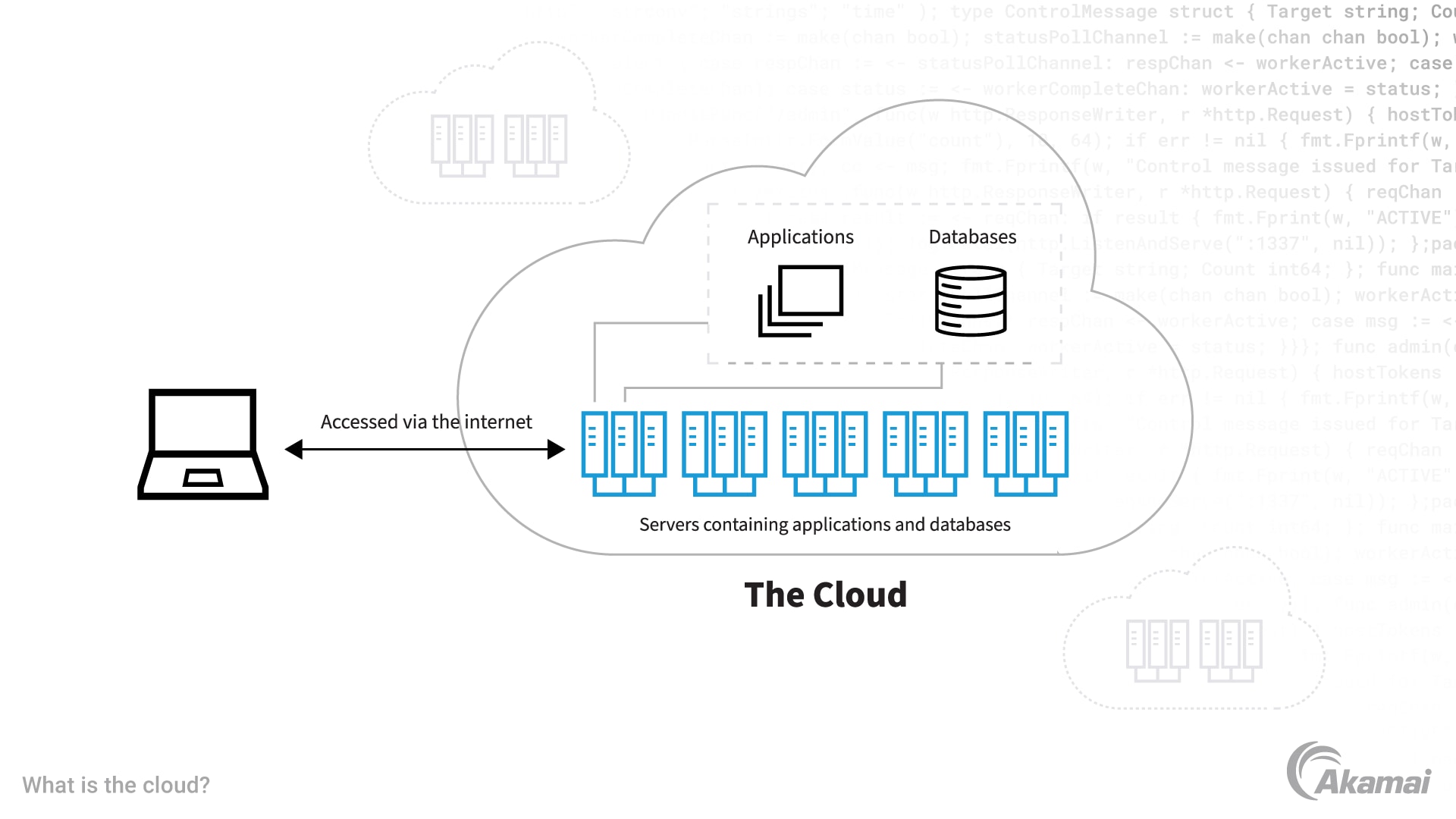Make The Most Of Performance with LinkDaddy Cloud Services for Your Service
Make The Most Of Performance with LinkDaddy Cloud Services for Your Service
Blog Article
Using the Prospective of Cloud Solutions for Affordable Edge in the marketplace

Benefits of Cloud Services

Cost-efficiency is one more significant benefit of cloud services, as companies can avoid big ahead of time investments in software and hardware. Instead, they can go with a pay-as-you-go design, only spending for the resources they take in. This economical technique makes it possible for services to assign economic sources more tactically, investing in various other areas that drive development and advancement. Generally, the benefits of adaptability, scalability, and cost-efficiency make cloud services an important possession for firms seeking an affordable side in today's vibrant market landscape.
Cloud Migration Strategies
Cloud migration needs careful planning and seamless execution to make sure a smooth change of digital possessions to cloud-based atmospheres. One typical approach is the "Lift and Change" method, where existing systems are moved to the cloud without substantial alterations.
Additionally, the "Replatforming" strategy involves making minor modifications to applications to enhance their performance in the cloud environment. This technique strikes an equilibrium between speed and optimization, allowing organizations to take advantage of cloud abilities while lessening disturbances.
For more complex systems, the "Refactoring" technique, likewise referred to as "rearchitecting," includes revamping applications to be cloud-native. While this approach needs more time and sources, it can take full advantage of the benefits of scalability, versatility, and cost-efficiency that cloud systems provide.
Eventually, choosing the best cloud migration strategy depends on elements such as the company's objectives, spending plan, timeline, and technical requirements. By carefully reviewing these factors to consider, companies can successfully transition to the cloud and obtain an one-upmanship in the marketplace.
Enhancing Data Safety Measures
After applying cloud migration methods, companies should prioritize enhancing data safety determines to guard their digital properties effectively. Information protection is extremely important in the digital age, especially when leveraging cloud solutions that include sending and saving sensitive details. To strengthen information protection, organizations should think about carrying out file encryption strategies to safeguard data both at remainder and in transportation. Encryption makes certain that even if unauthorized events access the information, it remains unusable and unintelligible. Additionally, applying multi-factor authentication adds an added layer of safety by requiring users to give several forms of verification before accessing delicate info.
Regular safety and security audits and vulnerability assessments are necessary to determine and deal with any type of powerlessness in the information security facilities without delay. Educating staff members on best practices for information safety and imposing rigorous gain access to controls can likewise reduce the risk of inner information breaches. By purchasing robust data safety actions, organizations can infuse trust amongst their stakeholders and clients, inevitably obtaining an one-upmanship on the market.
Leveraging Cloud for Scalability
Implementing cloud services permits organizations to dynamically change resources according to require, improving scalability and enhancing operational efficiency. Scalability in the cloud context refers to the capacity to rapidly and easily rise or reduce resources as needed, providing companies with the flexibility to fulfill altering demands.
Additionally, leveraging cloud scalability enables companies to respond without delay to market fluctuations, seasonal demands, or unforeseen growth, ensuring undisturbed service shipment without incurring unneeded expenses. By scaling resources up or down in real-time, organizations can keep ideal efficiency degrees while regulating expenditures. Scalable cloud solutions encourage business to introduce swiftly, release new applications efficiently, and adjust to evolving organization demands with agility. this hyperlink Overall, welcoming cloud scalability is a tactical step that cultivates competition and settings companies for lasting growth in today's dynamic market landscape.

Implementing Cloud-Based Collaboration
Collaboration in modern business atmospheres has actually undertaken a substantial makeover via the integration of cloud-based technologies. Cloud-based collaboration tools have changed the way groups collaborate, offering real-time interaction, record sharing, and job administration abilities despite physical area. By applying cloud-based cooperation options, organizations can improve performance, you could try here boost efficiency, and improve workflows.
Among the essential benefits of cloud-based collaboration is its capability to break down communication barriers among group members. With features like immediate messaging, video clip conferencing, and digital white boards, employees can team up seamlessly and remain linked no matter where they lie. Cloud-based cooperation devices promote easy access to shared papers and sources, making it possible for team participants to work with each other on jobs in a synchronous fashion.
Moreover, cloud-based collaboration advertises flexibility and dexterity within organizations by allowing remote work and fostering cross-functional synergy. Workers can work together in real-time, share responses instantly, and make choices jointly, resulting in quicker improved and analytic technology. In general, applying cloud-based partnership is vital for contemporary services wanting to remain affordable in today's fast-paced and interconnected market landscape.
Conclusion
To conclude, the application of cloud solutions offers various advantages for organizations seeking an one-upmanship out there. By implementing cloud migration methods, improving data security steps, leveraging scalability, and utilizing cloud-based cooperation, businesses can boost performance, lower expenses, and stay in advance of the competition. Welcoming the capacity of cloud solutions is vital for companies seeking to succeed in today's swiftly evolving company landscape.
The capability to harness the capacity of cloud solutions offers businesses countless advantages, from enhanced dexterity and scalability to enhanced collaboration and data safety and security. As companies browse the intricacies of cloud movement and explore ingenious ways to leverage cloud innovation, the inquiry develops: Just how can companies efficiently use cloud solutions to not just maintain up with but also exceed their rivals in the vibrant industry?
In addition, the adaptability provided by cloud services allows organizations to access data and applications from anywhere, advertising remote work and cooperation amongst teams situated in different geographical locations. - Cloud Services
By carrying out cloud movement approaches, boosting information safety steps, leveraging scalability, and using cloud-based collaboration, organizations can improve efficiency, decrease expenses, and remain ahead of the competition. Welcoming the possibility of cloud services is vital for companies looking to be successful in today's swiftly check this site out evolving service landscape.
Report this page